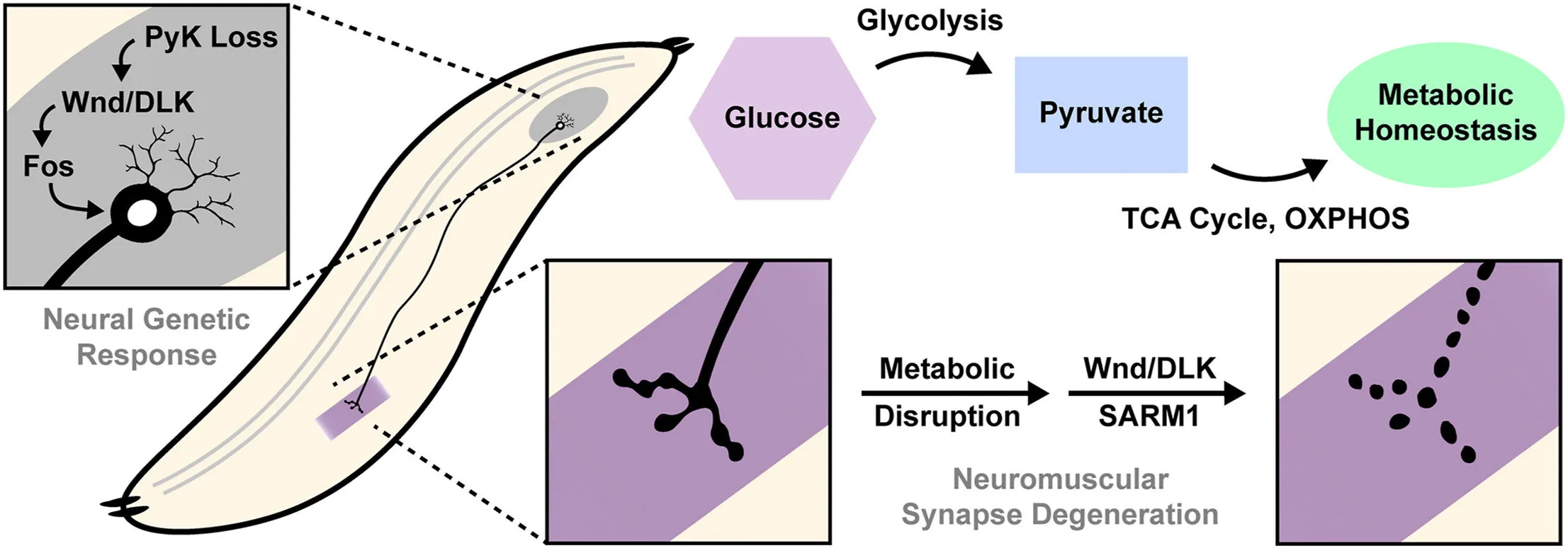Why Brain Cells Don’t Heal Themselves: Understanding Neuron Regeneration
Unlike most cells in your body, neurons – the workhorses of your nervous system – generally don’t regenerate. This means that when they’re damaged, they don’t simply replace themselves with fresh, healthy copies. Let’s dive into why this is the case and what it means for our overall health.
The Unique Nature of Neurons
Neurons are highly specialized cells responsible for transmitting information throughout the brain and body. Their complex structure and function make them essential but also vulnerable.
Key Characteristics:
- Complexity: Neurons possess intricate structures, including axons and dendrites, that facilitate communication.
- Non-Dividing: Most neurons are post-mitotic, meaning they don’t undergo cell division to create new neurons.
- Energy Intensive: Neurons require a significant amount of energy to function correctly, making them susceptible to damage from energy deficits.
Factors Hindering Neuron Regeneration
Several factors contribute to the limited regenerative capacity of neurons:
- Inhibitory Molecules: The environment surrounding neurons contains molecules that inhibit their regrowth after injury.
- Scar Tissue: After damage, scar tissue forms, which can physically block neuron regeneration.
- Lack of Growth Factors: Neurons need specific growth factors to regenerate, and these may not be readily available in sufficient quantities.
Implications for Health
The inability of neurons to readily regenerate has profound implications for various neurological conditions.
- Neurodegenerative Diseases: Diseases like Alzheimer’s and Parkinson’s involve the progressive loss of neurons, leading to cognitive and motor impairments.
- Spinal Cord Injuries: Damage to neurons in the spinal cord can result in paralysis due to the disruption of signals between the brain and body.
- Stroke: A stroke can cause neuron death due to lack of oxygen, leading to lasting neurological deficits.
Future Directions in Neuron Regeneration
Research is ongoing to find ways to stimulate neuron regeneration and repair damaged nervous systems. Potential strategies include:
- Gene Therapy: Introducing genes that promote neuron growth and survival.
- Stem Cell Therapy: Using stem cells to replace damaged neurons.
- Pharmacological Approaches: Developing drugs that block inhibitory molecules and promote neuron growth.
Final Words
Understanding why neurons don’t typically regenerate is a critical step toward developing effective treatments for neurological disorders and injuries. While the challenges are significant, ongoing research offers hope for future breakthroughs in neuron regeneration.




+ There are no comments
Add yours